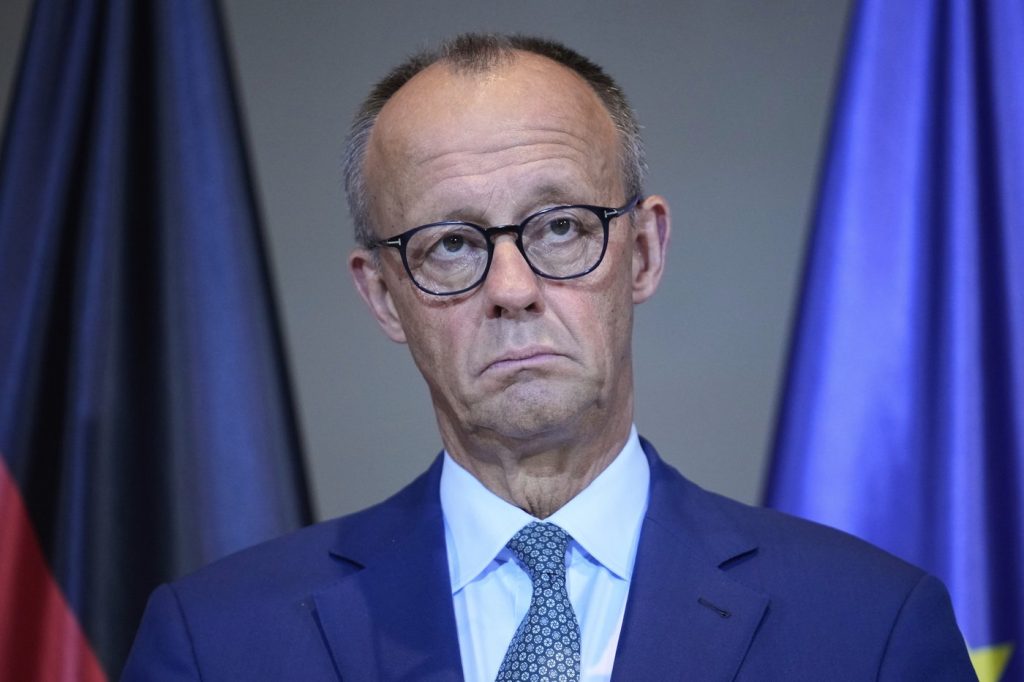In a significant development for German politics, Chancellor Friedrich Merz's party, the Christian Democratic Union (CDU), emerged as the leading faction in recent municipal elections held in North Rhine-Westphalia, Germany's most populous state. The elections were the first electoral test for Merz's government since taking power, and while the CDU garnered 33.3% of the votes, the most notable outcome was the remarkable surge of the far-right Alternative for Germany (AfD), which nearly tripled its vote share compared to the previous municipal elections five years ago.
The final results, announced on Monday, indicated that the CDU's coalition partner, the center-left Social Democrats (SPD), received 22.1% of the vote, slightly down from their previous performance in the 2020 elections. In contrast, the AfD made significant strides, capturing 14.5% of the total votes, representing an increase of 9.4 percentage points. Historically, the AfD has found stronger support in the economically disadvantaged eastern regions of Germany, but Sunday’s results revealed its growing influence in western Germany as well.
The AfD's prior performance in the February national election saw the party secure 20.8% of the votes, making it the largest opposition party. In earlier local elections within North Rhine-Westphalia in February, the AfD had achieved 16.8%. Following the recent election results, AfD co-leader Alice Weidel celebrated this outcome, describing it as “a huge success.” The party’s rise can be attributed to widespread discontent regarding issues such as immigration, a stagnant economy, and the ongoing war in Ukraine, continuing to resonate with a notable portion of the electorate despite being labeled a right-wing extremist organization by Germany's domestic intelligence agency. This designation was temporarily suspended as the AfD launched a legal challenge against it.
The CDU and its partners in the government, who assumed office in May, have taken a firmer stance on migration and are attempting to revitalize the economy. However, this administration has faced criticism for internal conflicts and slow improvements in the national mood. Political science professor Stefan Marschall from Heinrich Heine University in Düsseldorf commented on AfD’s ability to tap into the growing discontent surrounding traditional mainstream political parties, particularly in regions that feel marginalized.
Moreover, the AfD did not field candidates in every constituency during the elections, suggesting that their actual support might be somewhat underestimated. In less prosperous areas of the Ruhr industrial region, AfD mayoral candidates achieved sufficient support to move into runoff elections scheduled for September 28. They will be facing off against candidates from mainstream parties, including Social Democrats in Gelsenkirchen and Duisburg, and a Christian Democrat in Hagen.
On the other hand, the most significant decline in support was observed for the Green Party, which saw its vote share plunge from 20% five years ago to 13.5% in the recent elections. The Greens are currently positioned in opposition at the national level following the collapse of ex-Chancellor Olaf Scholz’s unpopular government. Nevertheless, they remain part of the state government in North Rhine-Westphalia, which is led by the conservative governor Hendrik Wüst, affiliated with Merz's CDU. It is noteworthy that this government was not subject to the elections held on Sunday.











